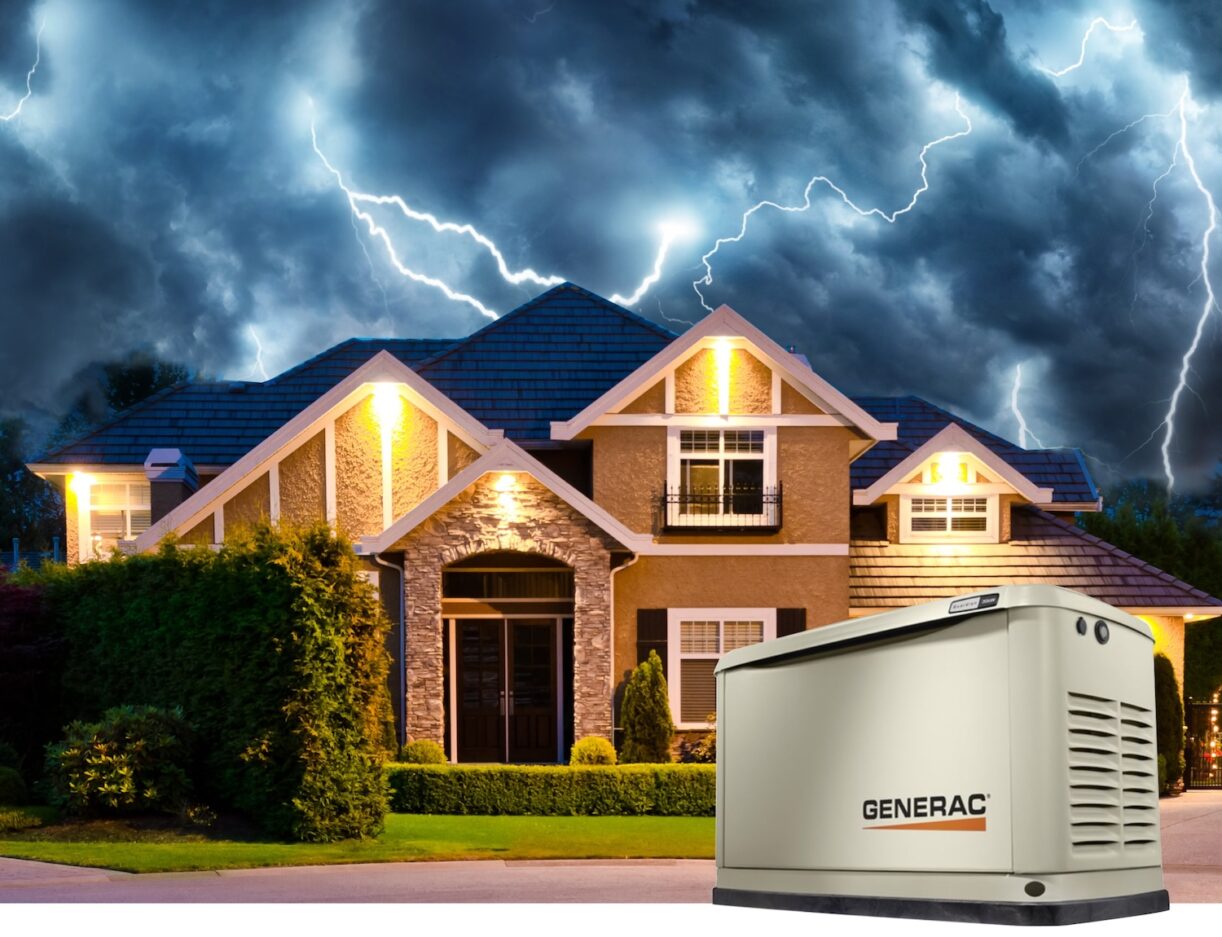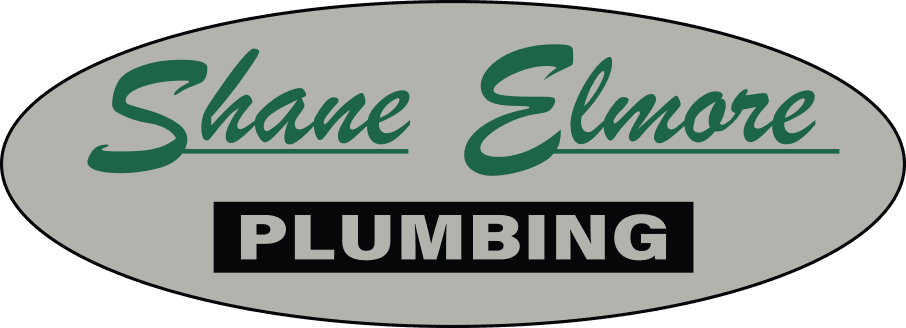How to Choose the Right Generator for Your Home

When the power goes out, your comfort, safety, and even your plumbing can be at risk. Whether it’s a summer storm, winter ice, or an overloaded grid, losing electricity shouldn’t mean losing control of your home. That’s where a standby generator comes in—offering reliable, automatic backup power to keep your essential systems up and running.
At Shane Elmore, we understand how important it is for your home to stay comfortable and functional, no matter the weather. And while we’re best known for expert plumbing solutions, we’re also here to help you make informed choices when it comes to protecting your home—including backup power options that can safeguard everything from your water heater to your sump pump.
Let’s walk through how to choose the right generator for your home—so you can feel prepared, protected, and at peace, no matter what comes your way.
Why Backup Power Matters
Power outages don’t just mean the lights go out. No electricity can also mean:
- Your well pump or sump pump stops working
- Water heaters and boilers can’t run
- Pipes risk freezing in winter months
- Security systems and appliances shut down
- Food in the fridge starts to spoil
Installing a generator gives you peace of mind that your home will stay functional and your plumbing systems protected—even if the rest of the neighborhood goes dark.
Choosing the Right Size Generator
Think about what you want to keep running—and for how long.
The first step is to determine what you want your generator to power. Are you only concerned with the essentials, or would you prefer full-home coverage?
Essential Power Backup
This setup focuses on a few critical appliances like the refrigerator, sump pump, lights, Wi-Fi, and maybe a space heater or window AC unit. It’s budget-friendly, and great for short outages.
Whole-Home Backup
This option allows your entire home to run as usual, including your HVAC system, washer/dryer, water heater, stove, and more. It’s perfect for families who want seamless comfort during extended outages.
Sizing tips:
- Add up the wattage for each system you want to power
- Account for “surge watts”—the extra power some devices need when starting up
- Plan for any future upgrades that may increase energy demand
When in doubt, get a professional load assessment. It’s the most accurate way to match your needs to the right generator size.
Choosing a Fuel Type
Generators typically run on natural gas, propane, or diesel. Each has pros and cons depending on your location, usage habits, and fuel availability.
Natural Gas
Connected directly to your gas line, this option offers unlimited runtime without the need for refueling.
Pros:
- Low maintenance
- Clean burning
- No need for on-site storage
Cons:
- Requires access to a gas utility line
Propane
Stored in a tank on your property, propane is a popular choice for rural homes or places without gas hookups.
Pros:
- Long shelf life
- Burns clean
- Reliable during long outages
Cons:
- Needs a refill plan and space for a storage tank
Diesel
Ideal for large homes or commercial buildings, diesel generators are durable and powerful.
Pros:
- High energy output
- Efficient and dependable
- Great for long-term outages
Cons:
- Needs fuel storage and more frequent maintenance
Need help deciding? At Shane Elmore Plumbing, we take the time to understand your home setup and recommend options that match your needs—without the upsell.
Installation & What to Expect
Installing a generator is more involved than setting up a portable unit. Here’s what you can expect:
1. Home Evaluation
A trained technician will review your home’s systems and electrical panel, calculate your energy usage, and recommend the right size and placement.
2. Permits & Prep
Local codes and utility guidelines must be followed. A professional installer will handle all permits and inspections so everything is safe and compliant.
3. Generator Installation
The generator is installed outside your home, similar to an AC unit. It’s connected to your fuel line (if applicable) and wired into your home’s electrical system via a transfer switch.
4. Final Testing
Your installer will test the system, explain how it works, and schedule any needed maintenance to keep it running strong for years.
At Shane Elmore Plumbing, we believe in full-service support—from the first conversation to long after installation. That’s part of what makes us your trusted neighborhood plumber—and more.
Standby vs. Portable Generators
While portable generators may seem like a simple fix, they come with limitations.
Portable Generators:
- Require manual setup and fueling
- Can’t power central systems (like your furnace or well pump)
- Create noise and carbon monoxide risks
- Not ideal for long-term outages
Standby Generators:
- Automatically start when the power goes out
- Support large systems like HVAC and plumbing
- Run quietly and safely
- Provide long-term peace of mind
If you want protection without the hassle, a standby generator is the way to go.
Frequently Asked Questions
Q: How much does a generator cost?
A: Prices vary based on size, fuel type, and installation needs. A basic system might cost $5,000–$7,000 installed, while a whole-home system could range from $10,000–$15,000 or more. We’ll walk you through options that fit your budget.
Q: Will it power my whole home?
A: Yes—if you choose a properly sized whole-house unit. If not, we can prioritize the systems that matter most to you.
Q: How long do they run?
A:
- Natural gas: As long as the utility service is uninterrupted
- Propane/Diesel: Anywhere from 12 to 72 hours depending on the fuel tank size and load
Q: Do generators require maintenance?
A: Yes. Like any mechanical system, they need routine maintenance to stay reliable. Annual service checks will keep everything running smoothly and ensure you’re ready for the next outage.
Why Homeowners Trust Shane Elmore Plumbing
Choosing the right generator is about more than watts and wires—it’s about feeling safe and supported in your own home. That’s why families across the region count on Shane Elmore Plumbing not just for expert plumbing, but for advice, service, and care that goes beyond expectations.
Here’s why our neighbors choose us:
- Rooted in Community: We’re local, we’re trusted, and we care about every home we serve.
- Skilled & Dependable: Our team is trained, licensed, and ready for anything.
- Customer-Driven Service: You’ll never feel like just another job. We communicate clearly and treat your home like our own.
- Full-Service Plumbing Experts: From water heaters to sump pumps and everything in between—we keep your home running smoothly.
Ready to Take the Next Step?
When the next storm hits, will your home be ready? Choosing the right backup generator ensures you won’t have to worry. And when you work with a team that cares—like Shane Elmore Plumbing—you can trust that every recommendation is made with your safety and comfort in mind.
Call us today or schedule online to talk with a member of our team. We’ll help you explore your options, answer your questions, and make sure your home stays powered—whatever the weather.
Shane Elmore Plumbing – Your trusted neighborhood plumber.




